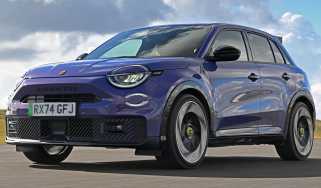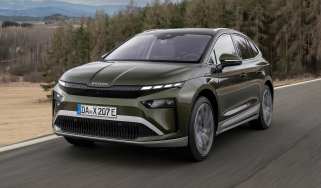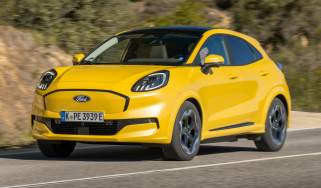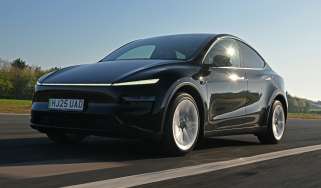Used EVs are cheaper than petrol cars for the first time
Data from Cap HPI shows that after three years, a used electric car is almost 8.5 per cent cheaper than its ICE powered equivalent.
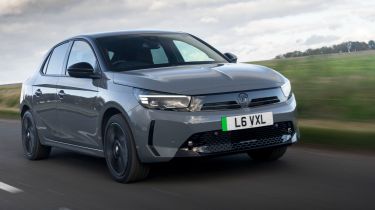
There’s no getting around the fact that most brand new electric cars are more expensive to buy than their combustion-powered counterparts, but after three years, the average used electric car is now cheaper to buy than the petrol or diesel equivalent. That’s according to data provided by Cap HPI.
After three years on the road or 36,000-miles driven, the average used electric car is typically 8.5 per cent cheaper than its ICE powered counterpart, rising further to 14 per cent at four years old. This means those who are looking for a used electric car might be able to secure a bargain, while also benefiting from an expanding charging network and lower running costs compared to an ICE equivalent.
Prices of cars on the used market can vary widely from model to model depending on age, mileage and condition, but looking at data provided by Cap HPI, we can see the average price for a three-year-old, 36,000-mile example of a Vauxhall Corsa in Ultimate trim is around £9,925 for the petrol model and £8,750 for the electric. To put that saving into perspective, the electric powered model cost around £6,000 more than the petrol when it was new.
Depreciation is something which affects all cars, with some faring much better in terms of retained value than others. A used Hyundai Kona Electric of the same age and mileage as the Corsa mentioned above is almost the same price as a mild-hybrid equivalent Kona, while further up the luxury scale, the BMW i7 holds more of its value better than an identical BMW 7 Series with a plug-in hybrid powertrain.
Sales of new EVs are predominantly being driven by the fleet sector, due to waning interest in new electric cars among private buyers. Only around 17 per cent of new EV registrations in July were made by private buyers, but the used car market isn’t having the same issues as availability improves and prices come down.
Used electric car sales spiked by 56.2 per cent in the second quarter of 2024, increasing the overall market share of used EVs to 2.4 per cent, up from the 1.7 per cent share recorded in the same period in 2023. The Society of Motor Manufacturers and Traders (SMMT) chief executive, Mike Hawes, said that “the increased supply of electric vehicles to second and third owners is helping more motorists make the switch [to electric]”, essentially attributing the wider used car market’s improving affordability and level of consumer choice to the “new car sector’s sustained run of growth”. Hawes also said that the keys to maintaining momentum are affordable charging and incentives to help boost EV consumer confidence.
Both the automotive industry and legislators are looking into different ways to help boost consumer confidence when buying a new or used electric car. Battery passports are being trialled by Volvo, and are set to become mandatory for any new car sold in the EU from 2027, allowing owners to access data regarding the state of the car's battery pack, as well as its overall environmental impact.
The UK could be set to mandate something similar, with the Labour Party saying it would mandate “a standardisation of the information supplied on the condition of the batteries” in the run up to the election. The new Labour Government said it would also provide guidance to local authorities on how and where to install public charging points, reducing charging anxiety while also supporting motorists without a driveway in a bid to help drivers make the switch to electric.
